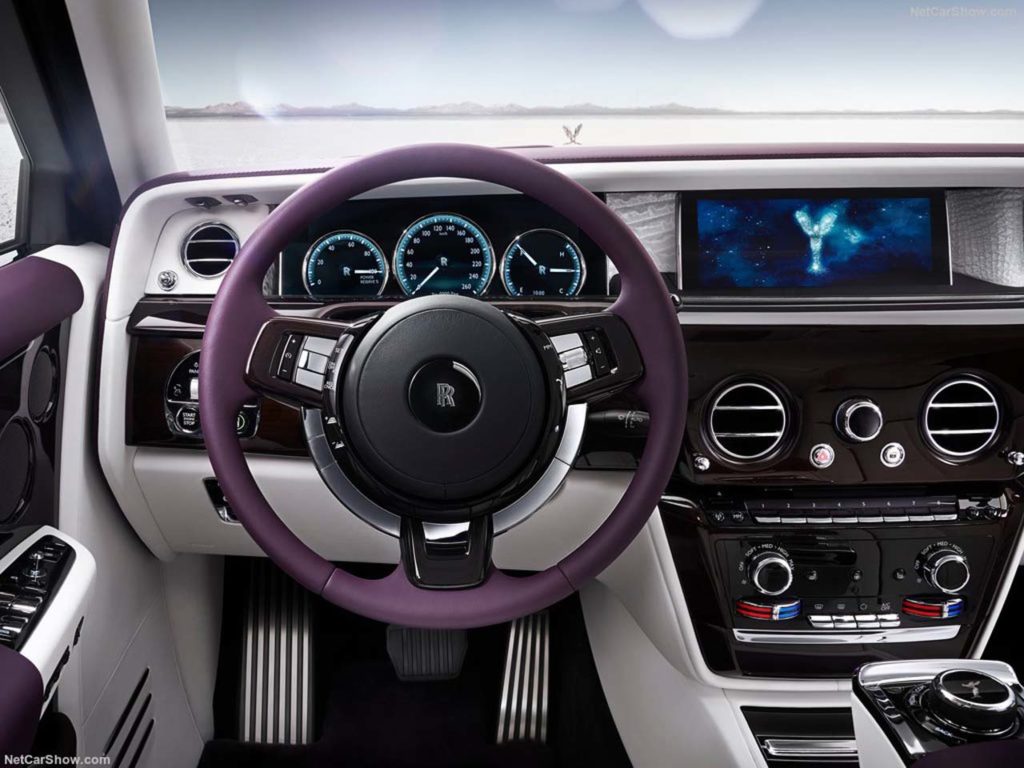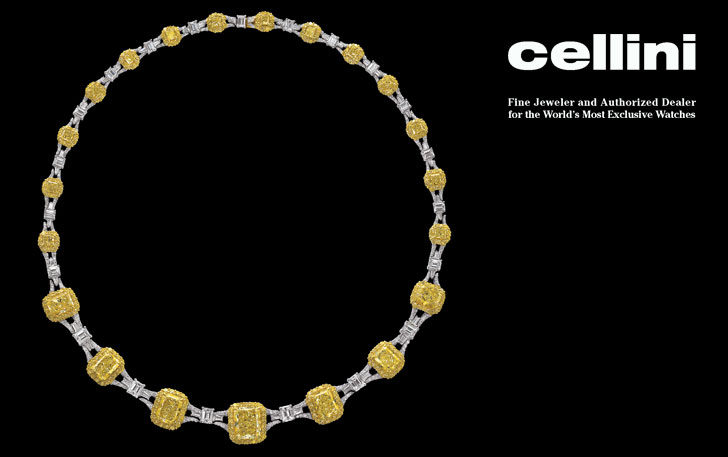Building on the spirit of the revolutionary 1925 Phantom, Rolls-Royce’s most extraordinary model gets a complete rethink
by evan monroe
After Sir Frederick Henry Royce introduced the Rolls-Royce Phantom in 1925, it was judged by a number of critics to be nothing less than the best car in the world. A replacement for the rst Silver Ghost, it was a technical marvel, with its revolutionary pushrod-OHV straight-six engine, semi-elliptical and cantilever springs, and four-wheel brakes. rough the seven Phantom versions since, the model has been a chance for Rolls to get at once theatrical and experimental…to explore the furthest reaches of excess, even beyond its Ghost and Corniche models. The eighth, released this summer, “is a dominant symbol of wealth and human achievement,” according to Rolls-Royce Motor Cars CEO Torsten Müller-Ötvös.
The first major benefits of Rolls’s new “Architecture of Luxury” design—an all-aluminium spaceframe that will underpin every future Rolls-Royce beginning with the new Phantom—are increased stiffness and expanded exterior surface design options. A new double-wishbone front axle and five-link rear axle deliver new levels of control over lateral roll and shear forces, helped by the addition of four-wheel steering.
The suspension makes millions of calculations every second, reacting to body and wheel acceleration, steering inputs, and camera information. In addition, the Flagbearer system (a term once used for men required by law to carry a red flag ahead of early motor cars) adds a stereo camera integrated in the windshield to scan the road, adjusting suspension proactively rather than reactively up to 70 miles per hour. A new V12 offers 563 horsepower, married to a ZF 8-Speed gearbox.
Interior amenities, as expected, are legion—highlighted by “The Gallery,” a bespoke approach that uses an owner’s preferred piece of artwork to base dash design around. Works as various as an oil painting inspired by the South Downs of England by Chinese artist Liang Yuanwei, a gold-plated 3D-printed map of an owner’s DNA created by Thorsten Franck, and porcelain roses handmade by world renowned manufacturer Nymphenburg are some of the creations that have inspired Gallery spaces.
“Rolls-Royce as a brand would not exist if we would not be able to offer bespoke, because customers wouldn’t buy the cars,” Müller-Ötvös added. “Bespoke plays a fundamental role in our luxury business.”
In addition to custom commissions, Rolls’s craftspeople and designers in Goodwood UK have created a symphony of silk, wood, metal and leather, with a sweep of paneling across the back of the front seats clearly influenced by the mid-century Eames Lounge Chair, a piece so revered by patrons of luxury and style that it is part of the New York Museum of Modern Art’s permanent display. In addition, the Phantom’s Starlight Headliner—with constellations unique for each owner—is the maker’s most extensive to date.
“The introduction of a new Rolls-Royce is always a special moment,” said Peter Schwarzenbauer, Chairman of Rolls-Royce and board member of parent company BMW Group.
“This occasion is all the more special because [this is] the flagship of the brand…the world’s foremost luxury product—a powerful statement of design, engineering, and bespoke expertise.”

Paul Miller Rolls-Royce
250 U.S. 46, Parsippany / 855.637.9339 / paulmillerrollsroyce.com
